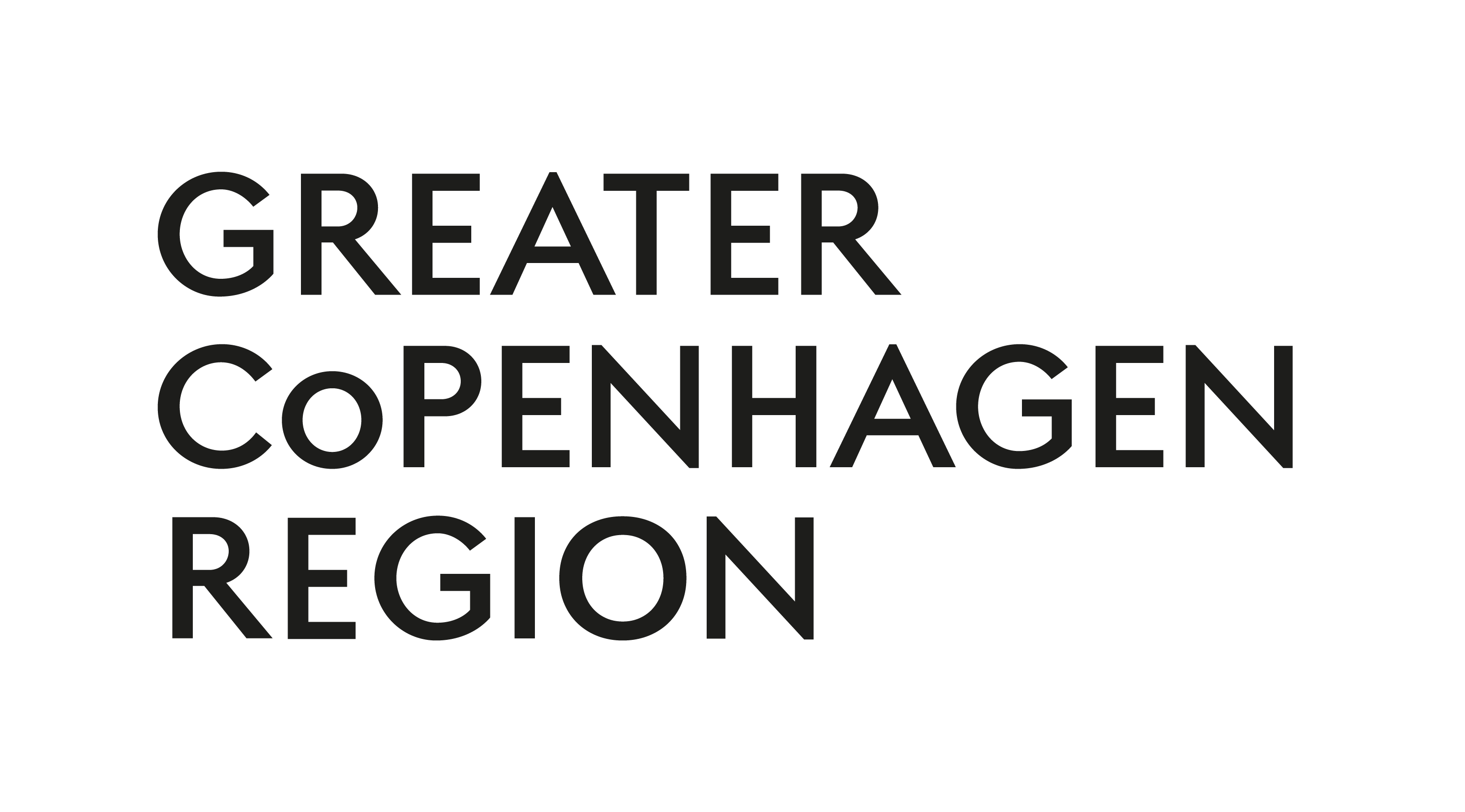Innovation over Bias
Women in Life Science
Often, those myths falsely attest that women don’t have the needed skills. Bogus notions that Ebba Fåhreaus and her team at SmiLe Incubator fiercely debunk by putting pragmatic strategies into place that empower more women to break through the glass ceiling that keeps them out of the Life Science C-Suite.
The Greater Copenhagen Region is a top destination for Life Science entrepreneurs. Specifically, when it comes to gender equality in entrepreneurs, Sweden and Denmark both range at the top of the European comparison.
This is an amazing result, that didn’t just happen out of nowhere or overnight. Quite the opposite. To achieve this balance, you have to understand what it is that blocks women's way to Life Science top management positions and put specific measures into place to overcome them.
Understanding barriers to overcome them
One important reason that has proven to empower more women to become Life Science entrepreneurs is role models. A report by McKinsey and Innovation Fund Denmark from 2018 has found that the interest in STEM related topics doubles if a girl or woman is exposed to a non-family-related role model. Yet, there are few role models. So, what else inspires women to take the lead within this sector?
“For me, it was always purpose-driven”, says Cristiana Pires, founder and CEO of Asgard Therapeutics. A driving factor that those responsible for the Danish Technical University (DTU) understood. The university successfully attracted more female students for STEM-related courses by placing them into a broader purpose-driven context.
But how much can you reach with purpose once you graduate from the university and find yourself in the rough reality of being an entrepreneur?
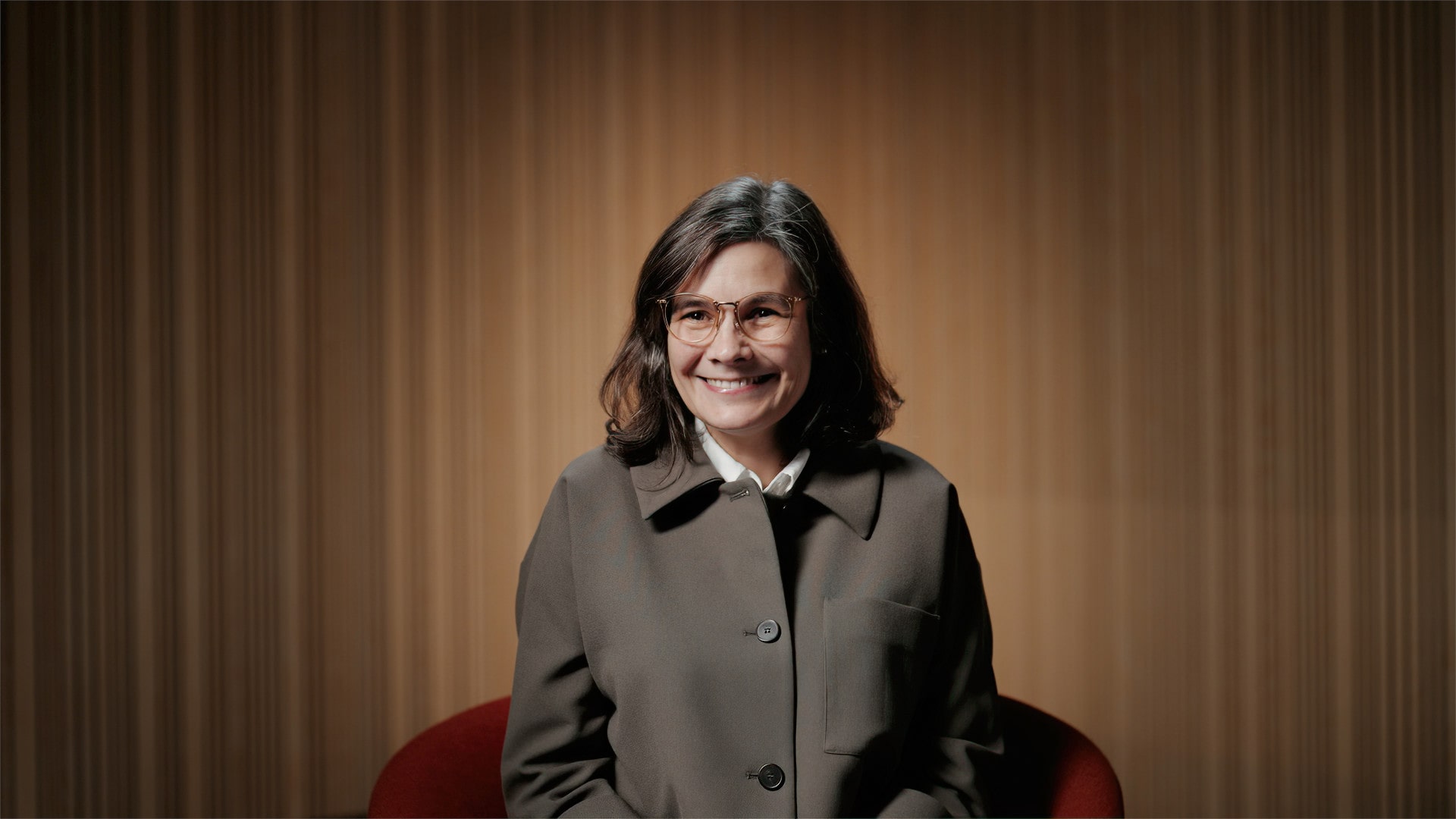
Photo by Thomas Svanholm Fink
Still, to this date, becoming a successful leader or entrepreneur means acting assertively, seeking power, and being outspoken. Characteristics, that are stereotypically primarily connected to males. Fulfilling a purpose slides downwards on the priority list.
It doesn’t mean that women couldn’t act assertively or be outspoken. However, the McKinsey and Innovation Fund Denmark report found that the same character traits that catapult men into leadership and the C-Suite will make women appear unqualified.
It seems we’re going round in circles. To be considered for a leadership role, you have to be outspoken and decision-making. But if you are a woman, you can’t be exactly that. So then, how do women get into the desired leadership roles?
Shattering myths in the Life Science Industry
If you search the Internet, you will quickly encounter a bunch of female-targeted courses and networks exclusively for women who aspire to become part of the exclusive C-level Suite in Life Science. Although these offers surely have their right to exist, they seem to reconfirm that the sole responsibility lies with the women and that it’s their responsibility to change.
“We don’t need special programs for women”, argues Ebba Fåhraeus, CEO of SmiLe Incubator in Lund/ Sweden. “That is a myth, along with old truths like women can’t be entrepreneurs, women can’t raise capital, they don’t know how to pitch and so on.”
At SmiLe, you won’t find a single program for women. SmiLe’s entrepreneurs are being measured on their business idea and they are being coached according to their individual needs, regardless of gender.
“We also train our investors to look for quality and great entrepreneurs, not gender. We take pride in our many female entrepreneurs, and we make sure to highlight their successes so that other women get role models early in their careers, instead of depressing numbers and myths about women in business. This is very important!” adds Ebba.
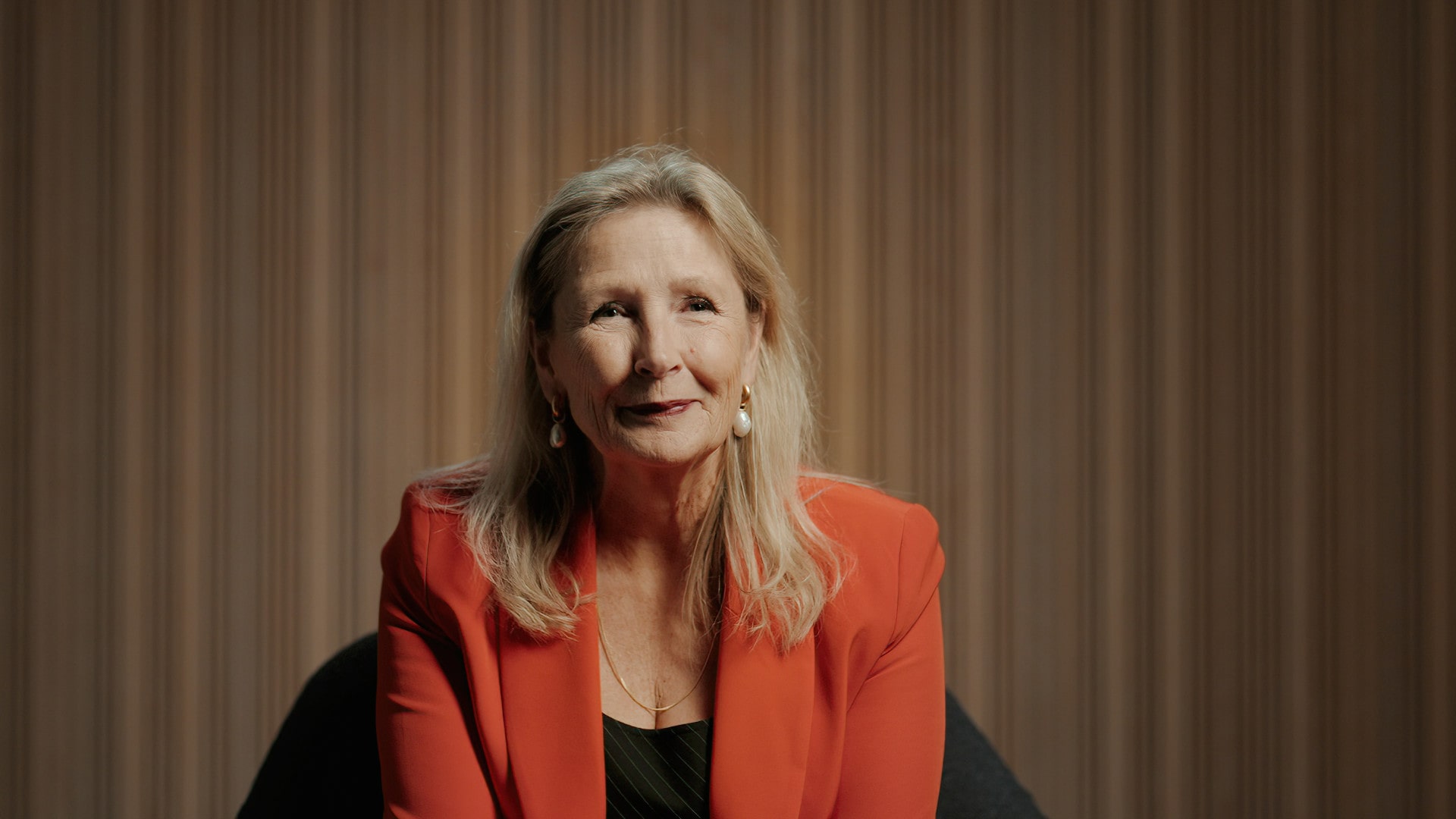
Photo by Thomas Svanholm Fink
And Ebba has data backing her statement up. Since Ebba took over as CEO of SmiLe in 2015, the number of female CEO’s at the incubator has increased noticeably.
Today 40% of the SmiLe companies are led by women and these women raise some 50% of the venture capital. “I’m tired of hearing that only 1% of venture capital goes to women repeated over and over again. It’s demotivating. It’s not true - and we have the numbers to prove it. Actually, in 2020 I even had to take one female-led company out of our statistics because otherwise, the men would never be able to ‘catch up’.” explains SmiLe’s CEO.
Unfortunately, SmiLe seems to be an exception to the norm with these results. The Directorate for Science, Technology, and Innovation in the Nordics found that entrepreneur teams with only female founders receive five to ten percent less funding than male-only teams - especially in the first phase. That is the founding phase, which is the riskiest to invest in and naturally makes the barrier to receiving funding high for all founding teams.
Greater Copenhagen Region is a place of endless opportunities for businesses and people alike. A place to live grow and evolve.
- Top-quality of life
- Great for doing business
- Highly educated population
- Excellent infrastructure
- Direct proximity to two markets
- Lovely pastries

Meet-up place: Greater Copenhagen Region
After moving from Portugal to Sweden, Cristiana and her team overcame this initial barrier with the help of Lund University. “We are a spin-off of the university, and they really have been an enormous help getting initial funding”, says the Scandinavian-by-choice.
The university not only helped with the formal process, which forgoes in Swedish and represented its very own challenge to the international founder team, but also with helping to build meaningful connections. Through the university, the Asgard team also met SmiLe, which them too offered them further access to the network.
Having a well-functioning and broad network is one of the key influencers in terms of securing VC funding.
In the Greater Copenhagen Region, more than 65.500 people are employed within the life science sector divided into ca. 1150 companies. Only Medicon Village, a direct neighbour and collaborator of SmiLe Incubator, hosts 110 of these companies. Another 24 start-ups are located within the SmiLe facilities. A true Mekka for attracting investors, facilitating knowledge exchange, and network building outside the big conferences, such as Nordic Life Science Days.
Sure enough, the NLS Days and similar events are important dates in the Life Science calendar, they might not be the best place to attract new investors. “At these events, there are so many people. The investors you are interested in talk to hundreds of people, so it’s difficult to make them remember you. Being full-time present in Sweden makes networking and attracting new investors so much easier, as you get access to these smaller, more personal events”, concludes Asgard’s CEO Cristiana.
The Life Science Industry needs all of us
Both Denmark and Sweden are facing a shortage of highly skilled professionals within the Life Science industry, as the Life Science across the Øresund survey reports. Already now, this industry cannot possibly be imagined without foreign talent like Cristiana and her team anymore.
However, it has already become evident that attracting talent from abroad isn’t enough to cover the long-term shortage. Instead, we need more Cristiana’s and Ebba’s in the Life Science Industry. That means that we must follow DTU’s example and invest more into inspiring both genders equally to choose a career within the Life Science Industry.
Women make up half of the world’s population but only 37% of the total workforce, leaving a vast talent pool almost entirely untapped. However, it offers a realistic possibility to solve the labor shortage in the long term.
Inspiring women and working toward a more gender-equal industry offer tangible advantages that can have an effect on every single one of us.
Medical science is a great example of this. Suppose women and people of diverse ethnical backgrounds are included in crucial decision-making processes.
In that case, there is a notable tendency for multifaceted physiological and behavioral aspects to be taken into account, resulting in an end product that will serve a more diverse range of people equally well.
This, again, opens up new markets and revenue streams for the company.
Furthermore, if a company wants to stay relevant, it must recognize the indispensable nature of diversity. Several studies have found that cultivating a diverse team setup fosters creativity and contributes to a sense of belonging.
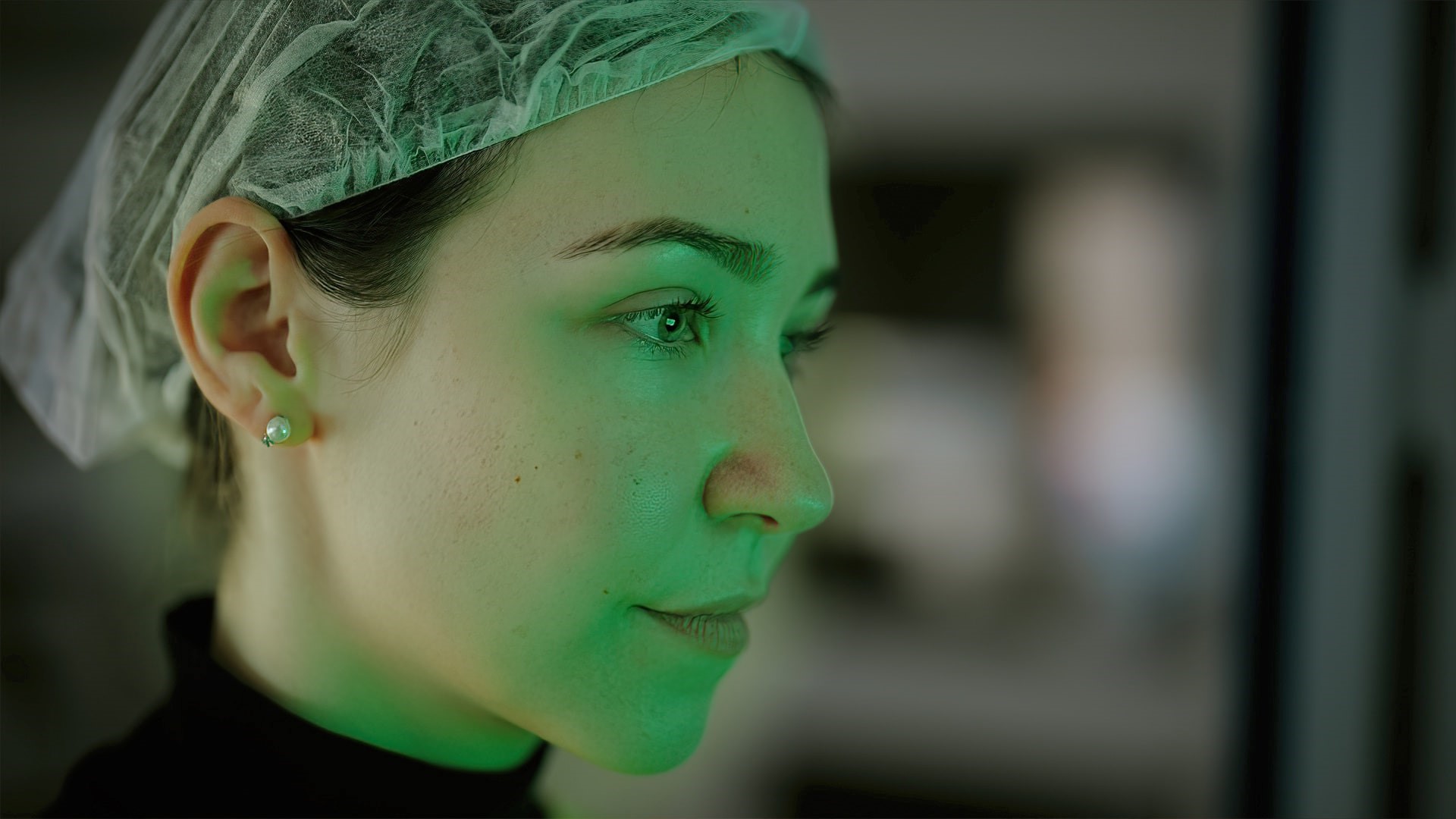
Photo by Thomas Svanholm Fink
It is fairly safe to say that, all in all, empowering women to become Life Science entrepreneurs and part of the C-Suite is a no-regret choice. Missing out on the chances that a gender-equal Life Science industry will provide by continuing to limit access to it to a specific group of people, conscious or unconscious, will lead to profound damages in the future, such as a stagnating Life Science industry and less innovative and versatile products. A potential future perspective that we cannot want.
SmiLe Incubator
Asgard Therapeutics
Asgard Therapeutics is a private biotech company pioneering in vivo direct reprogramming for cancer immunotherapy. Formed as a spin-off from Lund University, the Company is pioneering a gene therapy approach based on its proprietary reprogramming technology, designed to set in motion immune responses based on the biological properties of professional antigen-presenting cells. Backed by Novo Holdings, Boehringer Ingelheim Venture Fund, and Industrifonden, Asgard Therapeutics aims to build a pipeline of personalized cancer immunotherapies optimized for each unique patient.
Are you thinking about becoming an entrepreneur in the Life Science Industry? Tap below to learn why the Greater Copenhagen Region is the place to be.
Get in touch
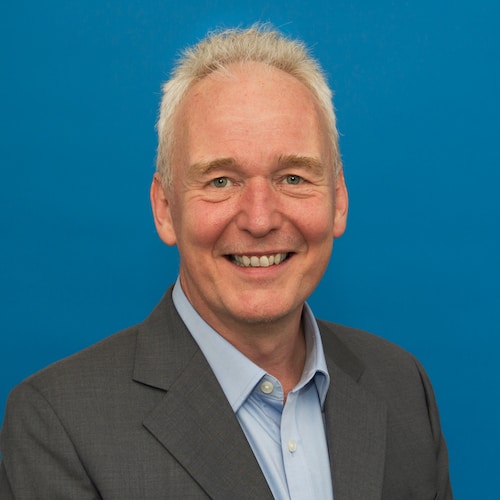
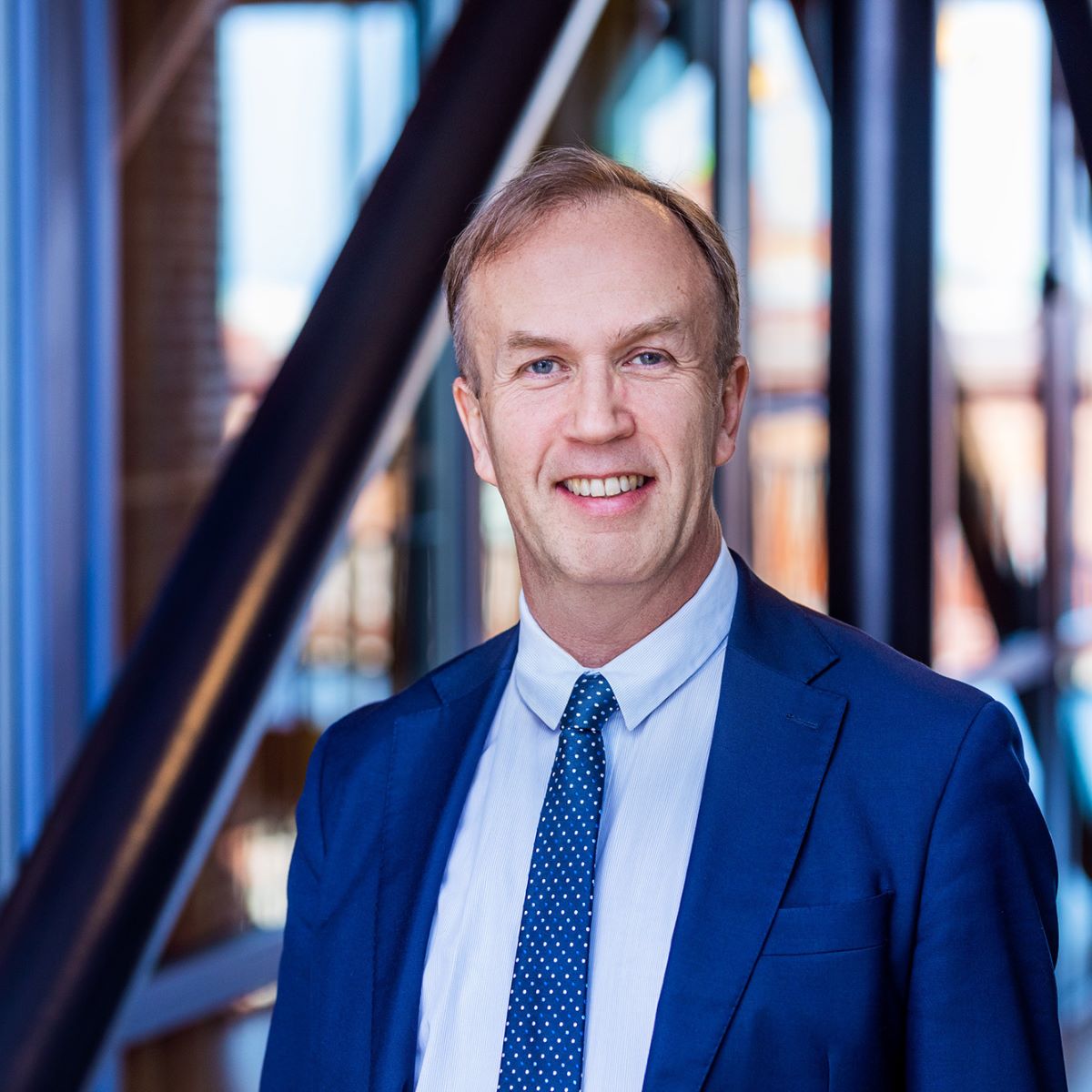
Micael Györei
Director of Investment Promotions, Life Sciences, Invest in Skåne,
Micael.Gyorei@skane.se
About Greater Copenhagen Region
Greater Copenhagen Region stretches over the borders of Denmark and Sweden. With 4.4 million inhabitants and 17 universities, it’s the largest metropolitan area in the Nordics and a global hub for growth, sustainable solutions and innovation. The region offers world-class research facilities and a creative business environment. Outstanding infrastructure makes Greater Copenhagen Region highly connected via rail, road, air and sea. The two main cities of the region, Sweden’s Malmö and Denmark’s Copenhagen are just a half hour train-ride apart. Its strategic location makes Greater Copenhagen Region the link between 25 million consumers in Scandinavia and 125 million in Northern Europe.
